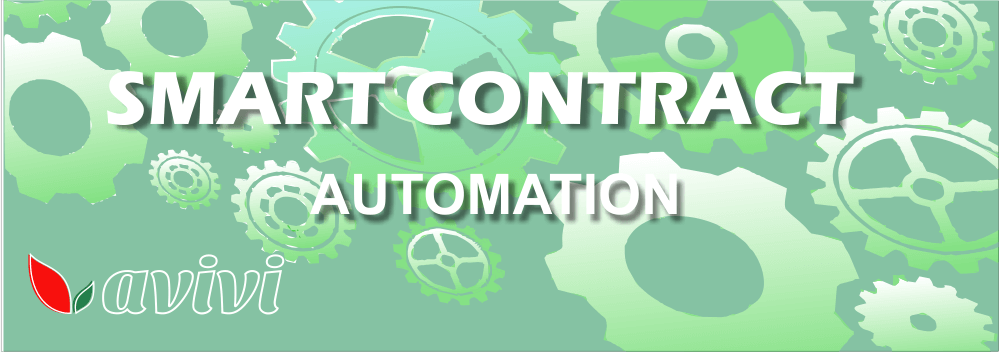What should smart contract users know about ERC20 tokens?
26 July 2022
next article
Tokens in the blockchain are an integral component that makes it possible for the entire system to exist and fulfill its main purpose — money exchange. The actual concept of token has been present in the IT world for a long time, but with the development of Web 3.0, this word began to be used much more often. As well as creating new tokens, and that is why over time they were able to systematize rules for developers and requirements for owners. In fact, this is how the ERC20 standard was born.
Token in simple words
Of course, without understanding the main concept — what is a token — the entire article is useless to anyone. In simple words, a token is an electronic certificate that certifies ownership of a specific type of asset. It's like a share on the stock market, only in the blockchain system. Tokens are classified according to the purpose of their creation and distinguish between investment tokens (Security tokens), service tokens (Utility tokens), commodity tokens (Asset-backed tokens), etc. A token is not a cryptocurrency, but also exists in the blockchain, has its own value and can do almost everything the same as an electronic coin. However, a token can be centralized, while a cryptocurrency is always decentralized. In fact, anyone can digitize any asset and create their own unique token. However, you should not do this thoughtlessly: because, as you remember, everything that gets into the blockchain stays there forever. In addition, working with tokens and smart contracts constantly requires gas consumption, without which the transaction simply will not take place. Storing and exchanging tokens is also no different from crypto-currency operations: they are in electronic wallets or applications for working with tokens.

Tokens from the ERC family
Since a token is, by and large, a code describing the properties of an asset, it is clear that entries must be made according to certain rules. At the beginning of blockchain development, developers compiled the code individually for each asset, which was inevitably accompanied by errors and complications. Over time, it was possible to unify this process, and a standard of Request For Comments rules was created on the Ethereum blockchain — or, in short, ERC20. The numbers are simply a unique identifier to distinguish between standards, as there are other specialized standards. While the 20th set of rules and instructions allows you to make any token, other options can be highly specialized, such as:
- ERC721 — created specifically for online games and allows you to collect assets, like the cat cards in the CryptoKitties game or other NFTs;
- ERC827 — have a wider informative functionality and not only transfer the amount of cryptocurrency to the participants of the transaction, but also allow a third party to confirm the fact of the transaction;
- ERC223 is an improved version of the basic standard, where the cost of gas is halved when used in a smart contract;
- ERC155 — allows you to include in smart contracts trusted persons on whose behalf cryptocurrency can be transferred to other users and many others.

Purpose of ERC20 tokens
Since ERC20 tokens are built on smart contracts, their functions can be extremely diverse. They can function as cryptocurrency, reputation points on online platforms, lottery tickets, financial assets, company shares or securities, and also be proof of ownership.
ERC20 tokens can be transferred to other users like regular cryptocurrency. They are interchangeable, which means that all transaction histories can be traced. Also, some common supply of ERC20 tokens must be created, which will allow their fixed value to be established.
Of course, it is worth mentioning certain shortcomings of the standard, since there are no perfect systems in the world yet. These include a large commission for gas. It is worth understanding that it is possible to create and optimize the token in such a way that the costs are minimal. However, gas in the blockchain depends on the load on the network, and the greater it is, the more expensive each subsequent transaction will be, even with a fixed cost. From here we have another drawback: network congestion slows down token transactions.
The third factor highlighted by Avivi specialists after a long time working with the tokens is related, not surprisingly, to one of the advantages of ERC20 tokens, namely the ease of creation. Indeed, it is so simple that it allows people without much IT knowledge to develop their own tokens. And this attracts a large number of fraudsters who try to manipulate new technologies for their own useful purposes.
In conclusion, we would like to say that the ERC20 standard has become a reliable basis for popularizing the placement of electronic assets in the blockchain. Tokens are in no way connected to cryptocurrency and exchanges for trading, which means that the risk of transactions with them decreases and liquidity increases. Avivi specialists are happy to advise you on all issues related to tokens, smart contracts and blockchain, because our goal is your financial stability and prosperity.
We will reach out to within 10 minutes



